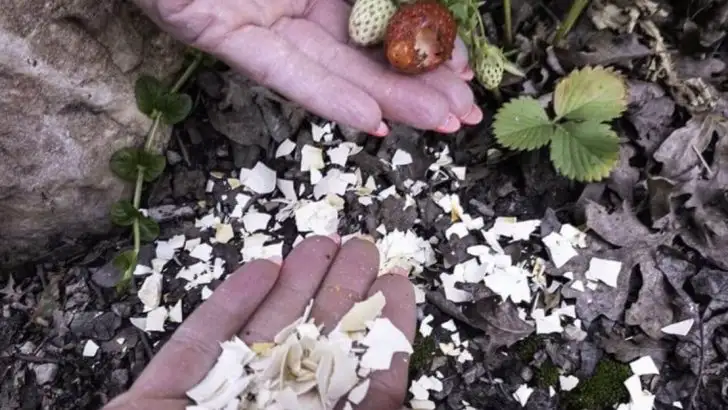Gardening advice is everywhere, but not all of it is true. From old wives’ tales to common misconceptions, many garden “truths” can actually hold you back or harm your plants. Separating fact from fiction is key to a thriving garden.
In this article, we debunk 12 of the most persistent gardening myths and reveal what really helps plants grow strong and healthy. Whether it’s watering habits, soil care, or pest control, knowing the science behind your garden choices makes all the difference.
Get ready to rethink your gardening routine and discover proven tips that will boost your garden’s success—no myths attached.
You Must Water Every Day
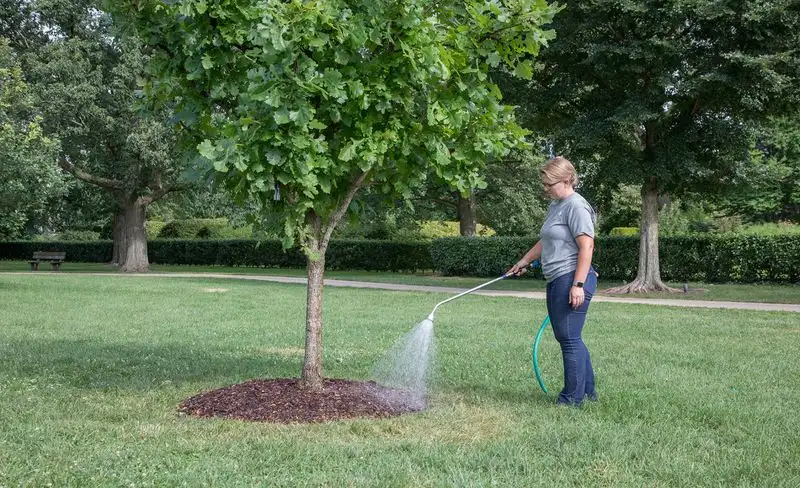
Watering daily is often seen as a golden rule in gardening. Yet, this practice can do more harm than good, leading to waterlogged roots and plant stress. Plants thrive when their watering schedule mimics natural rainfall patterns, allowing roots to seek moisture deeper in the soil.
Consider using a moisture meter or simply check the soil an inch below the surface. If it’s dry, it’s time to water. This method promotes healthier root systems.
By understanding your plant’s specific needs, you can foster a vibrant and resilient garden without over-watering.
Coffee Grounds as Fertilizer
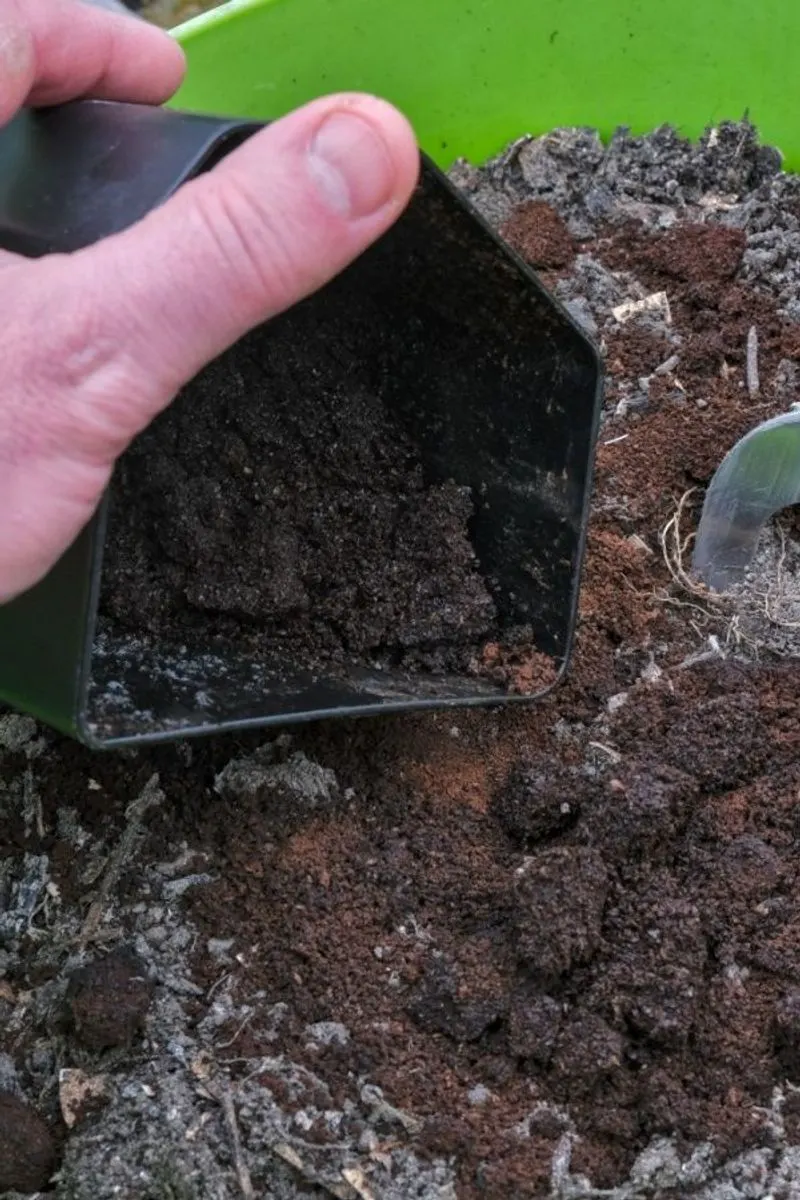
Using coffee grounds is hailed for boosting soil nutrients, but their impact isn’t universally beneficial. Being highly acidic, they can alter soil pH, potentially harming certain plants.
While they add organic matter, it’s best to compost them first. This process neutralizes acidity and enhances their nutrient availability.
When used correctly, coffee grounds can be a valuable part of composting. However, moderation and understanding your soil’s needs are key to avoiding unintended consequences.
Talking to Plants Encourages Growth
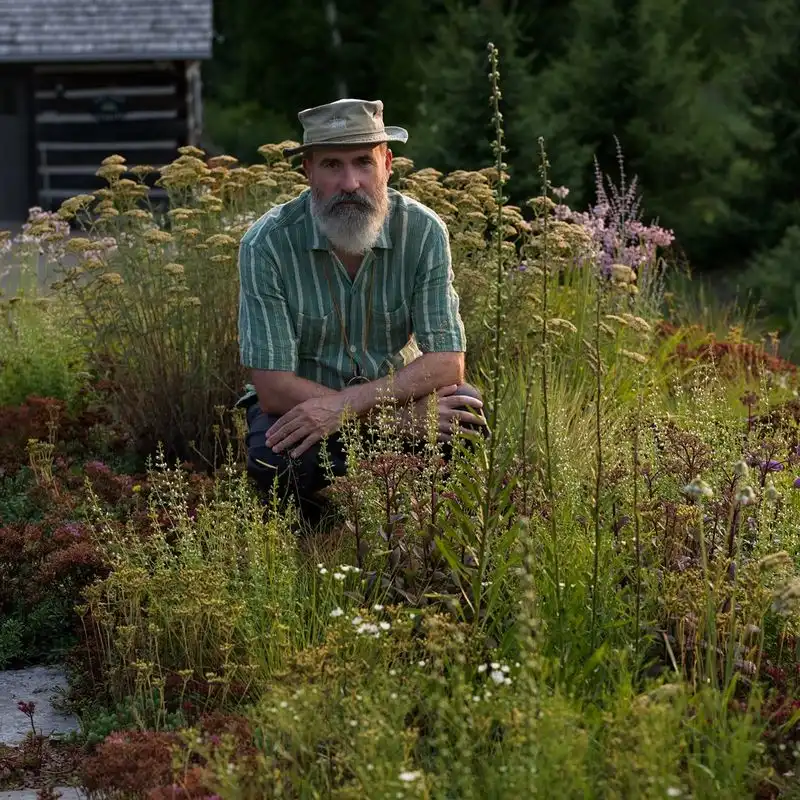
The charming belief that speaking to plants helps them grow has been around for centuries. While it adds a personal touch to gardening, scientific backing is thin.
Plants respond more to environmental factors like light and water than to human speech. However, the carbon dioxide you exhale might slightly benefit them.
Even if talking doesn’t boost growth, engaging with your plants fosters a nurturing relationship, which can lead to attentive care and thriving greenery.
All Bugs Are Bad for Plants
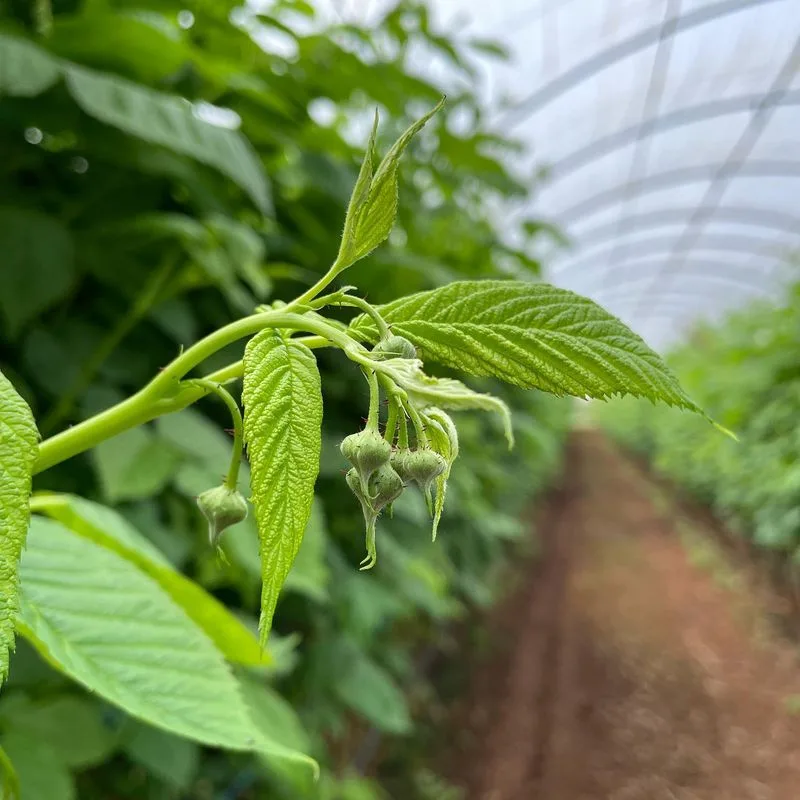
The notion that all insects harm plants is a common misconception. In reality, many bugs play beneficial roles in gardens, acting as pollinators or pest controllers.
Ladybugs, for instance, feast on aphids, while bees are essential for pollination. Understanding which insects are friends or foes can enhance plant health.
By encouraging beneficial bugs, you naturally balance the ecosystem, reducing the need for chemical interventions and fostering a healthy garden environment.
Eggshells Prevent Snails
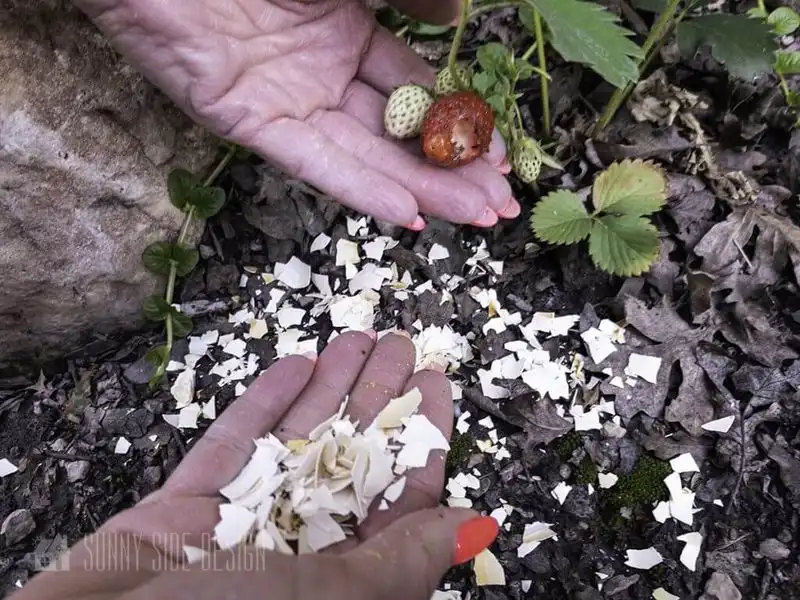
Crushed eggshells are often recommended as a barrier against snails and slugs. However, their effectiveness is debated. These creatures can easily glide over the shells, making this method unreliable.
Eggshells do contribute calcium to the soil, benefiting plant growth. For better snail control, consider alternatives like copper tape or organic slug pellets.
While not the definitive solution for pests, eggshells still offer soil benefits, adding to your garden’s nutrient profile when properly composted.
More Fertilizer Equals Faster Growth
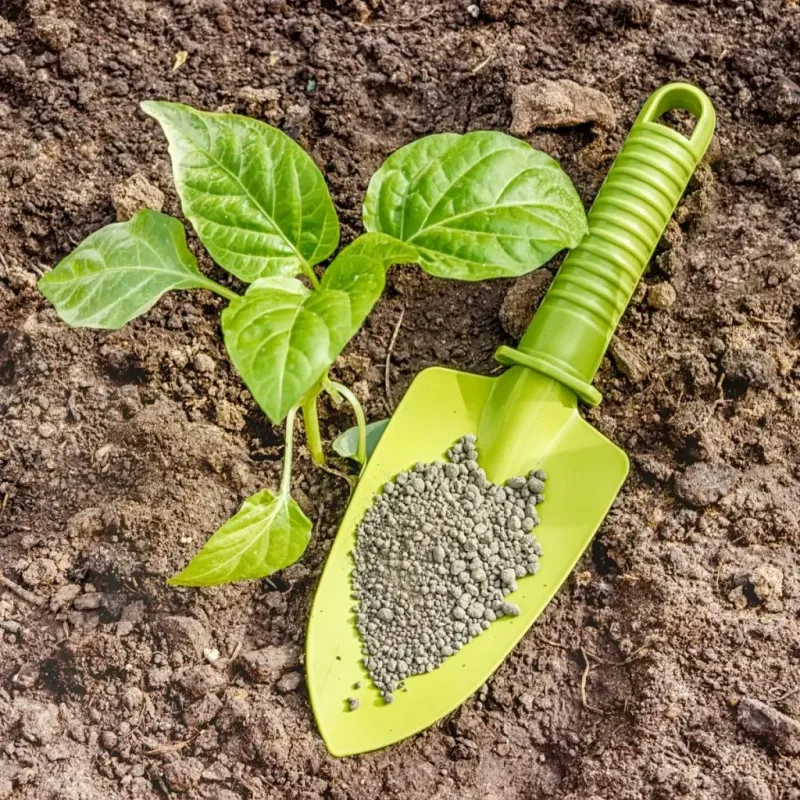
The belief that more fertilizer accelerates growth is widespread, yet it’s not always true. Over-fertilization can lead to nutrient burn, harming plants and stunting growth.
Plants need balanced nutrients, not just more of them. Understanding soil composition and applying the right amount of fertilizer is crucial for optimal health.
Testing your soil before fertilizing ensures you provide what’s needed, fostering robust growth without the risks of overdoing it.
Companion Planting Is Always Beneficial
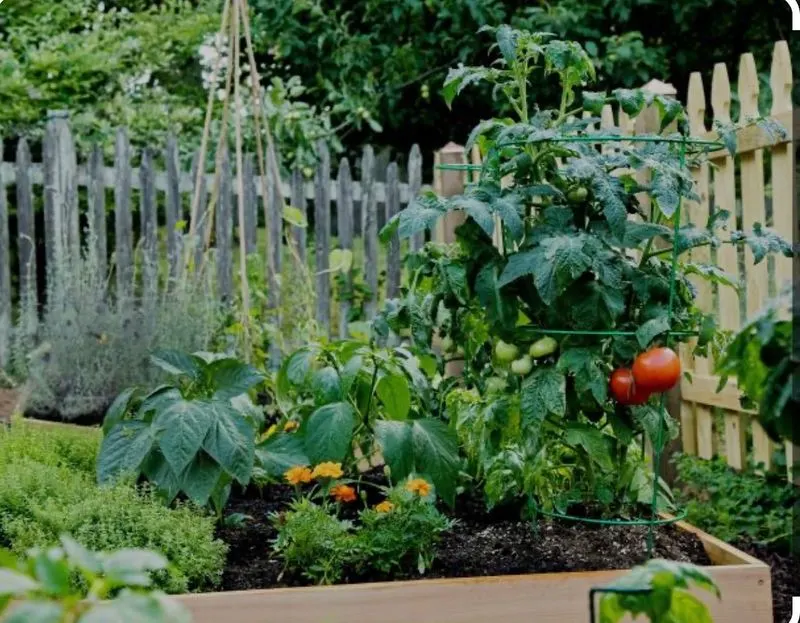
Used for centuries, companion planting promises mutual benefits between plants. While some combinations work, others may compete for nutrients or attract pests.
Research specific pairings and observe how they interact in your garden. Balance is key; not every plant pairing will thrive together.
By experimenting and learning from experience, you harness the true potential of companion planting, enhancing your garden’s diversity and resilience.
Organic Pesticides Are Non-Toxic
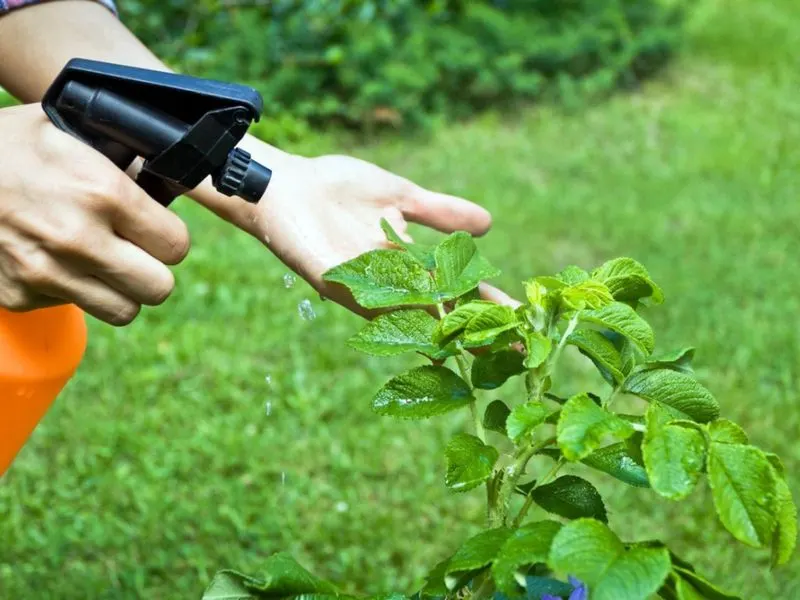
The term ‘organic’ often implies safety, but organic pesticides can still harm beneficial insects or the environment if misused.
Read labels carefully and apply as directed, ensuring minimal impact on the ecosystem. Organic doesn’t always mean non-toxic.
By using these products responsibly, you protect both your plants and garden allies, maintaining a natural balance.
Bigger Containers Mean Bigger Plants
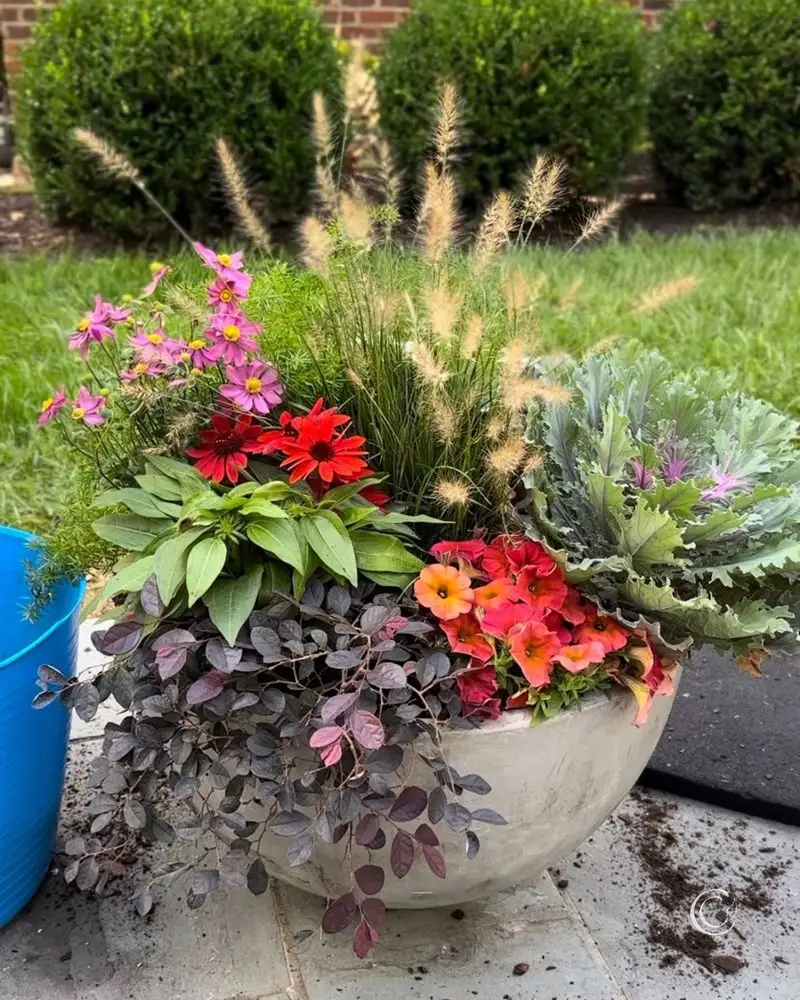
Repotting into larger containers is thought to encourage growth, yet too much space can lead to poor root development. Plants often prioritize root growth over foliage when given excessive room.
Select pots that accommodate gradual growth, allowing roots to fill the pot organically.
This strategy nurtures a healthy root system, ultimately supporting robust plant development and above-ground vitality.
Sunlight Is Always Good
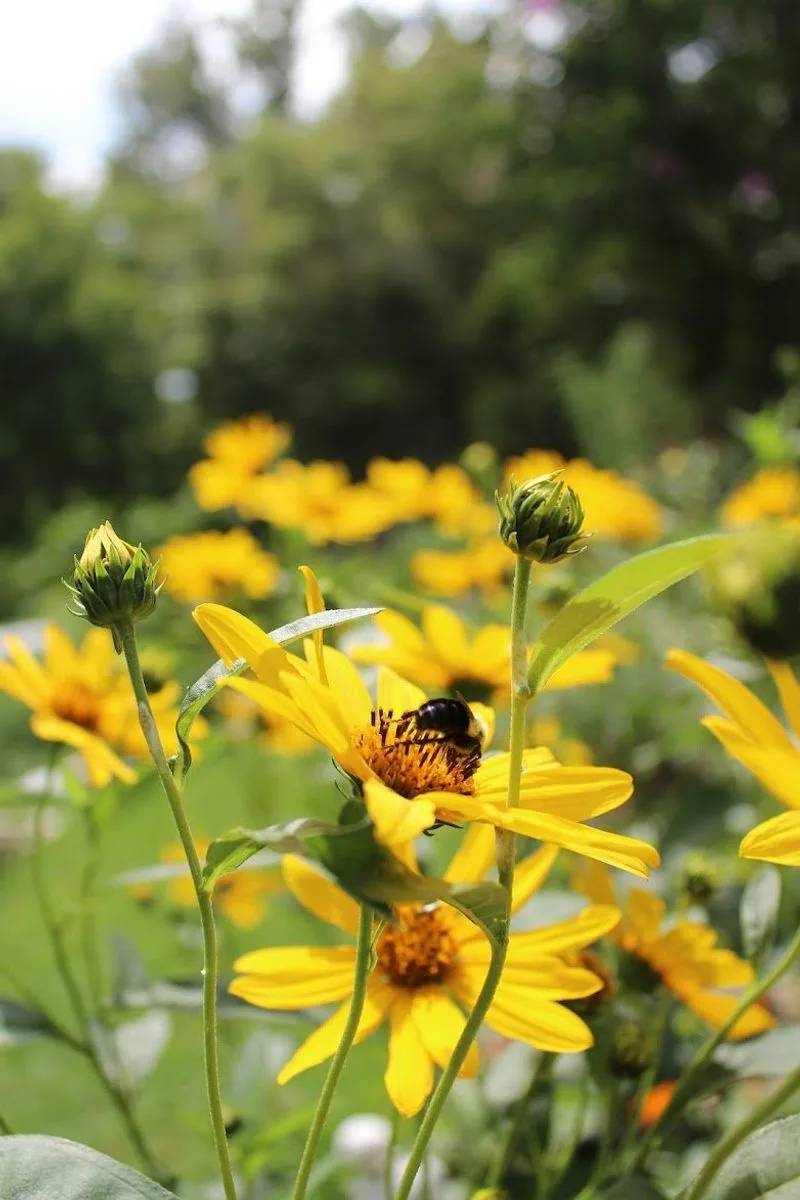
While sunlight is essential, too much can harm plants, leading to sunburn and dehydration. Each plant has unique light requirements that must be met for optimal health.
Understand your plant’s needs and provide appropriate light levels to ensure they receive just the right amount.
Optimal placement and occasional shade can be as crucial as sunlight itself in promoting a vibrant, flourishing garden.
Milk Cures Plant Diseases
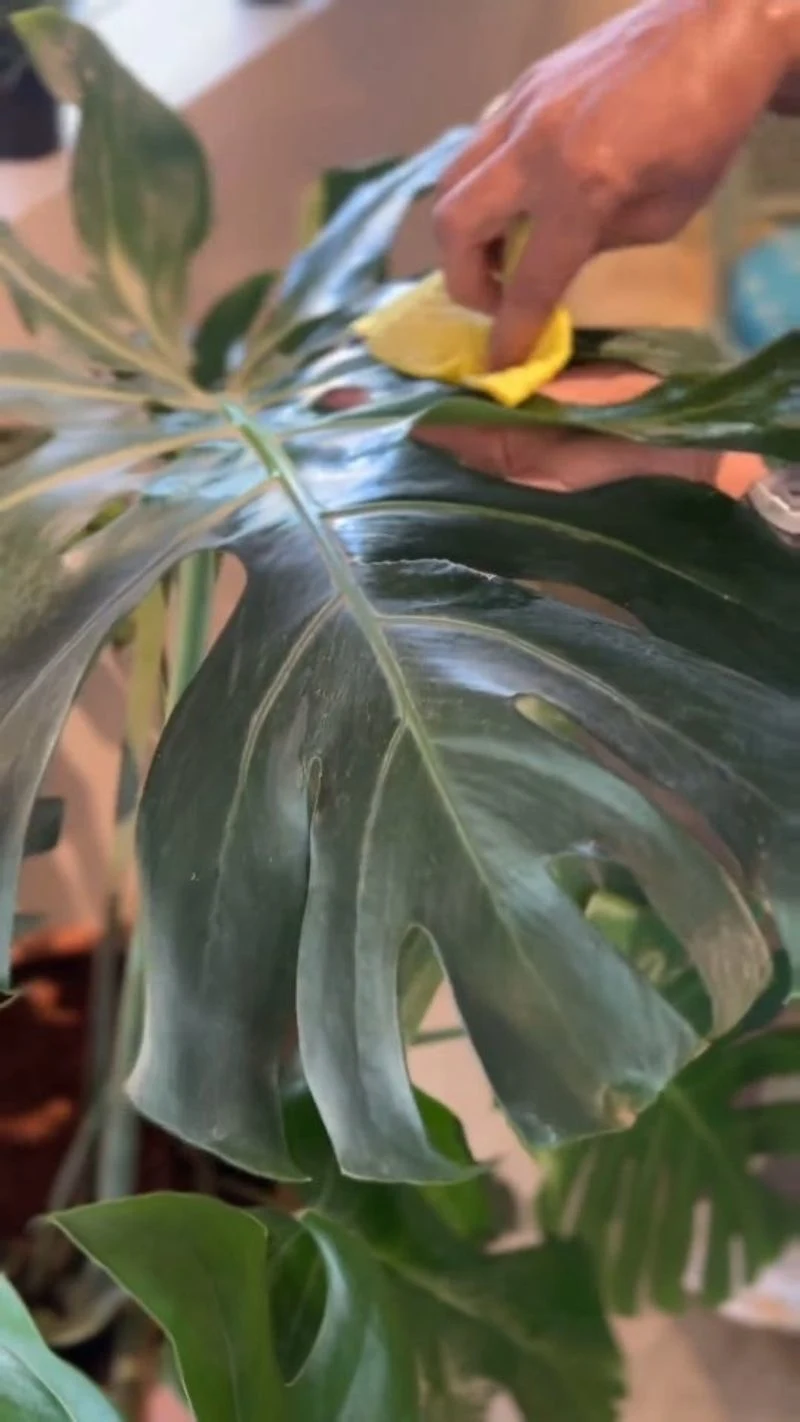
Using milk to combat diseases like powdery mildew is popular but not always effective. While milk’s enzymes can hinder some pathogens, it’s not a universal cure.
Diluted milk solutions might work as a preventive measure but are not replacements for proper disease management practices.
Regular monitoring and integrated pest management strategies offer more reliable results for maintaining plant health.
Pruning Always Encourages Growth
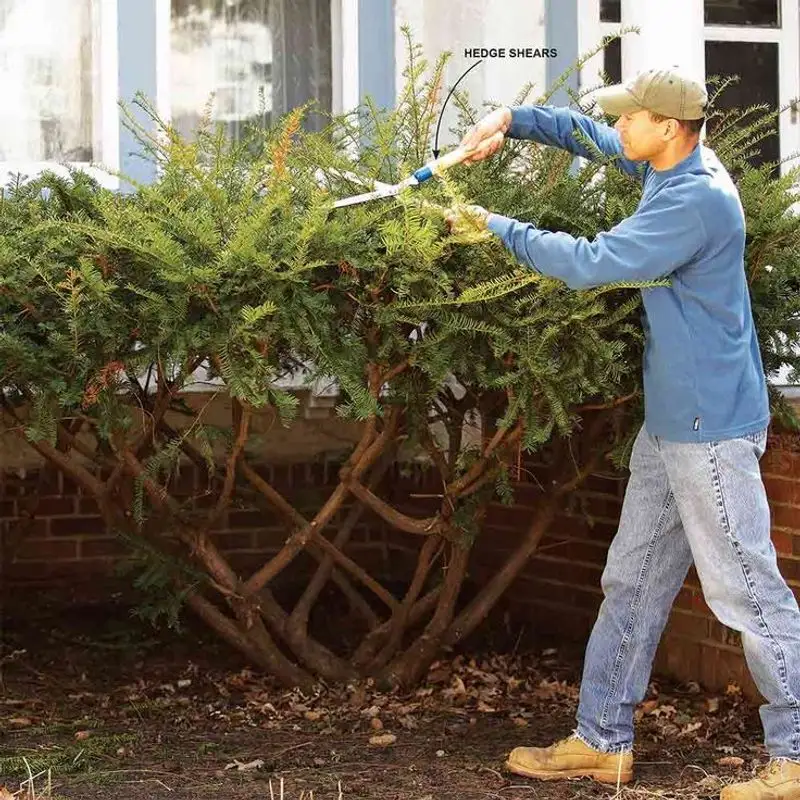
Pruning is often seen as a growth stimulant, but excessive cutting can stress plants and stunt development. Each species has specific pruning needs.
Over-pruning can remove essential foliage, disrupting photosynthesis and energy production. Timing and technique are key.
Understanding your plant’s growth habits ensures pruning enhances rather than hinders, leading to healthier and more productive plants.

